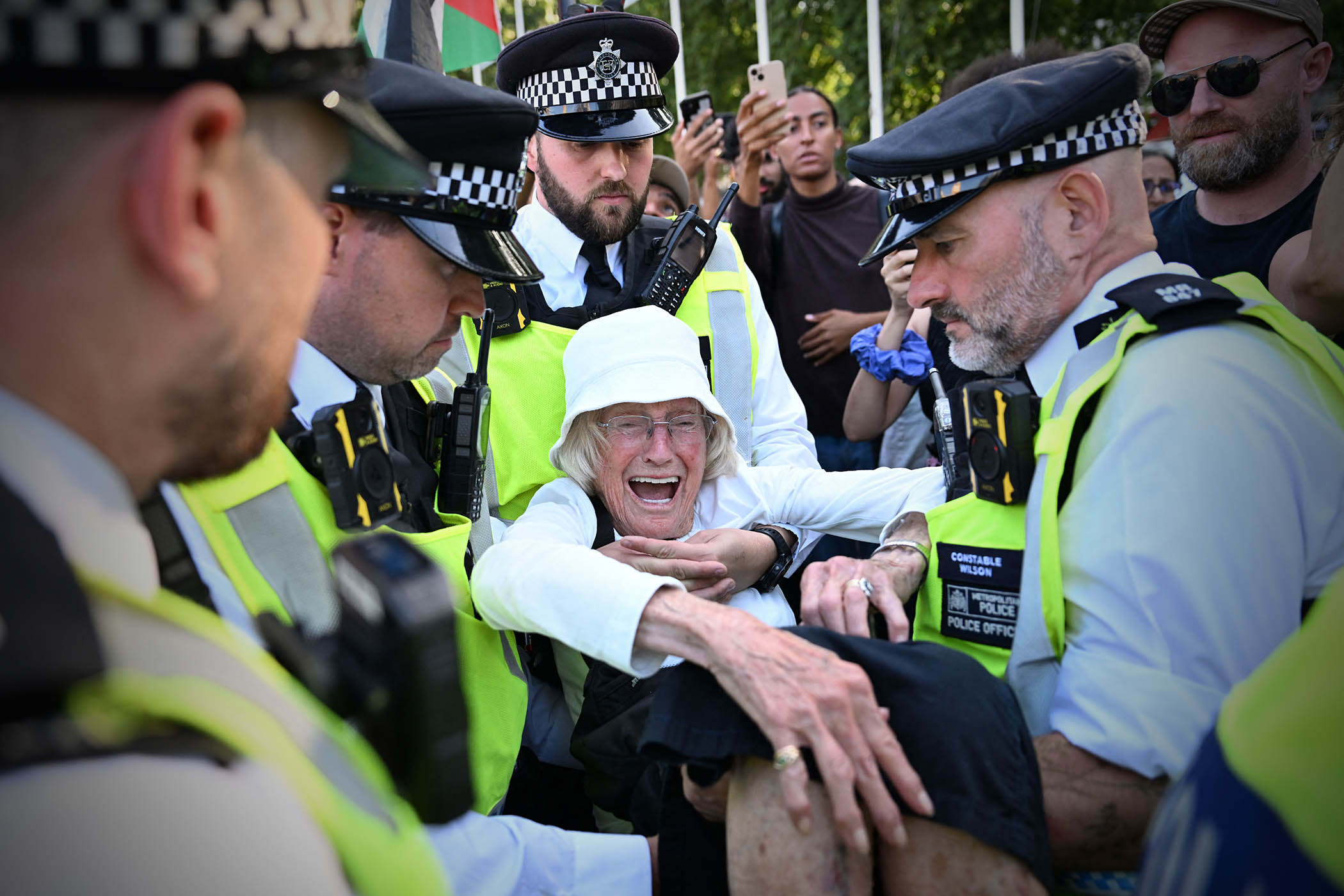Keir Starmer has escaped Labour’s party conference in Liverpool unscathed by a leadership crisis that appeared almost certain to engulf him.
So what? It wasn’t by design. Andy Burnham, the Greater Manchester mayor who covets the top job, overplayed his hand. He spent last week criticising Starmer’s leadership. By Monday, he had backed the prime minister to stay, having “blown himself up”, as one minister put it. But Starmer’s government is still
•
deeply unpopular with the public;
•
threatened by Reform; and
•
struggling to communicate its vision for the UK.
Rock bottom. Ahead of the conference, an Ipsos Mori poll showed Reform with a 12-point lead and put support for Labour at 22 per cent, the lowest level the pollster has recorded for the party since 2009.
Pile-up. The reasons for this are manifold. They include the small boats crisis, sluggish growth, Gaza and welfare U-turns. The government has also been rocked by scandals. Starmer bears the brunt of responsibility in the eyes of the public and, increasingly, his own MPs.
The pretender. Before the conference, Burnham gave a series of interviews criticising Starmer. He told the BBC that Labour needed a "proper plan for the country" and revealed several MPs had encouraged him to challenge for the party’s leadership.
Reverse ferret. He subsequently backtracked, saying he had no intention of leaving Manchester and was merely trying to spur a debate, after several colleagues accused him of overshadowing the conference.
Spectre at the feast. Nigel Farage also loomed large in Liverpool, with almost every cabinet minister name-checking the Reform leader. Yesterday Starmer branded Farage a “snake-oil merchant” who “doesn’t believe in Britain”, having labelled Reform’s immigration proposals “racist” two days earlier.
Rent free. The desire to take the fight to Reform is understandable given its lead in the polls. But Labour is in danger of being defined by an opponent with just five MPs and no experience of government. By constantly referencing Reform, ministers risk amplifying Farage’s message and reinforcing the notion that their government is under siege.
Trip hazard. Casting Reform as an extremist party also risks alienating ordinary people who back it. On Monday chancellor Rachel Reeves was forced to say that supporting Reform’s “racist” plan to scrap indefinite leave to remain did not make someone racist.
The response. Farage hit back by calling Labour “obsessive” and saying “never before have I seen one name so dominate a conference, and the remarkable thing is it’s somebody that isn’t even a member of the Labour Party.”
Newsletters
Choose the newsletters you want to receive
View more
For information about how The Observer protects your data, read our Privacy Policy
The substance. Labour didn’t just attack Reform in Liverpool. It also made a slew of policy announcements including
- mandatory digital IDs for anyone working in the UK;
- new requirements for migrants to secure leave to remain, including a high level of English and a “spotless” criminal record; and
- an “online hospital” service aimed at cutting waiting lists.
Rearguard action. Ministers say these new policies are not just about countering Reform, but many flow from the pressure Labour is under. It is not clear whether they will be enough to rescue the party’s sagging popularity, but there is plenty of time before the next general election.
Looking ahead. The same cannot be said for parliamentary elections in Scotland and Wales, which take place next year, with the Welsh Senedd particularly at risk of falling to Reform.
Wide berth. Eluned Morgan, the Welsh first minister and leader of Welsh Labour, has sought to distance herself from the prime minister. But the blame will fall squarely on Starmer should Labour lose.
If that happens… the leadership whispers could become a chorus call.



